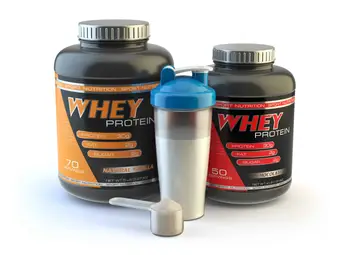Signs & Symptoms Of Omega 3 Deficiency
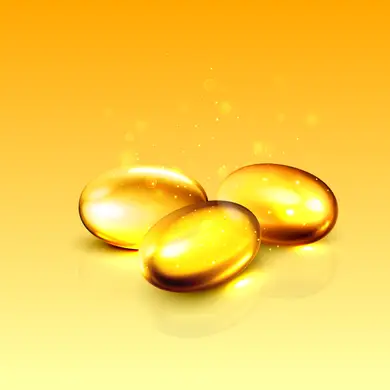
Signs & Symptoms Of Omega 3 Deficiency
Posted on 5th May, 2023
Omega-3 fatty acids are a type of polyunsaturated fatty acid (PUFA) that are essential for human health. They are called "essential" because the human body cannot produce them on its own and must obtain them from the diet. There are three main types of omega-3 fatty acids:
- Eicosapentaenoic acid (EPA): EPA is found mainly in marine sources, such as fatty fish and algae, and is important for heart health, brain function, and reducing inflammation.
- Docosahexaenoic acid (DHA): DHA is also found mainly in marine sources and is important for brain development and function, eye health, and reducing inflammation.
- Alpha-linolenic acid (ALA): ALA is found mainly in plant sources, such as flaxseeds, chia seeds, and walnuts, and can be converted into EPA and DHA in the body, although this process is inefficient.
Omega-3 fatty acids play a crucial role in several bodily functions, including brain health, heart health, and inflammation. They have been shown to have anti-inflammatory effects, help reduce the risk of heart disease, improve cognitive function, and may even help reduce the risk of certain types of cancer. It's important to consume adequate amounts of omega-3 fatty acids through the diet or supplements to maintain good health. Let us now have a look at the signs and symptoms of an Omega 3 deficiency
Deficiency of Omega 3
functions, including brain health, heart health, and inflammation. An omega-3 deficiency can lead to several health problems. Here are some signs and symptoms of omega-3 deficiency:
- Dry skin: Omega-3 fatty acids are important for maintaining healthy skin, and a deficiency can lead to dry, itchy, or flaky skin.
- Poor concentration: Omega-3 fatty acids are essential for brain function, and a deficiency may result in poor concentration, memory problems, or mood disorders.
- Joint pain: Omega-3 fatty acids help reduce inflammation in the body, and a deficiency may lead to joint pain, stiffness, or arthritis.
- Depression: Omega-3 fatty acids have been shown to have a positive effect on mood and may help reduce the risk of depression. A deficiency may increase the risk of mood disorders.
- Cardiovascular disease: Omega-3 fatty acids help reduce inflammation in the body, lower triglycerides, and may help reduce the risk of heart disease. A deficiency may increase the risk of cardiovascular disease.
- Fatigue: Omega-3 fatty acids play a role in energy metabolism, and a deficiency may lead to fatigue, weakness, or decreased stamina.
- Poor immune function: Omega-3 fatty acids help regulate immune function, and a deficiency may increase the risk of infections or autoimmune diseases.
If you're experiencing any of these symptoms, it's important to speak with your doctor. A simple blood test can help determine if you have an omega-3 deficiency, and dietary changes or supplements may be recommended to address the deficiency.
Dosage
The recommended dosage for omega-3 fatty acids varies depending on age, gender, and overall health status. Here are the general guidelines:
- For adults: The American Heart Association recommends that adults consume at least two servings of fatty fish per week, which provides approximately 500 mg of EPA and DHA per day. Alternatively, adults may take omega-3 supplements containing 500-1000 mg of EPA and DHA per day, although it's important to speak with a healthcare provider before starting any supplement regimen.
- For children: The American Academy of Pediatrics recommends that children consume at least two servings of fatty fish per week, which provides approximately 250 mg of EPA and DHA per day. Alternatively, children may take omega-3 supplements containing 250-500 mg of EPA and DHA per day, although it's important to speak with a healthcare provider before starting any supplement regimen.
- For pregnant and breastfeeding women: The American Pregnancy Association recommends that pregnant and breastfeeding women consume at least 200-300 mg of DHA per day, which may help support fetal brain and eye development. Pregnant and breastfeeding women should speak with a healthcare provider before starting any supplement regimen.
It's important to note that consuming too much omega-3 fatty acids can also have adverse effects, such as increased bleeding, and may interact with certain medications. It's important to speak with a healthcare provider before starting any supplement regimen, especially if you have any underlying medical conditions or are taking any medications.
Conclusion
In conclusion, omega-3 fatty acids are essential nutrients that play a crucial role in several bodily functions, including brain health, heart health, and inflammation. An adequate intake of omega-3 fatty acids through the diet or supplements is important for maintaining good health. The recommended dosage varies depending on age, gender, and overall health status.
However, it's important to speak with a healthcare provider before starting any supplement regimen, especially if you have any underlying medical conditions or are taking any medications. By incorporating omega-3-rich foods into your diet, such as fatty fish, nuts, and seeds, and speaking with your doctor, you can ensure that you're meeting your daily omega-3 needs and maintaining good health.

Health articles from our experts

List of Top 10 Bodybuilding Supplements For Muscle Gains

List of 15 Best Gut-Friendly Foods

Top Six Indian Recipes for Weight Loss

A Comprehensive Guide On How To Gain Weight Quickly
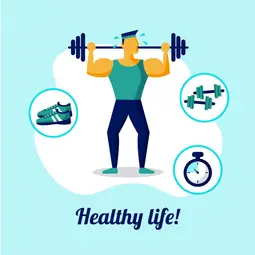
Muscle-Building Routine and Supplements for Maximum Gains

A Guide with Simple Tips To Follow For Weight Loss
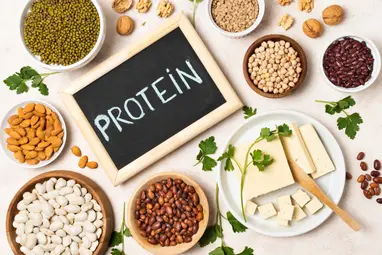
Top 10 Foods That Are High in Protein

5 Best Whey Protein Powders in India
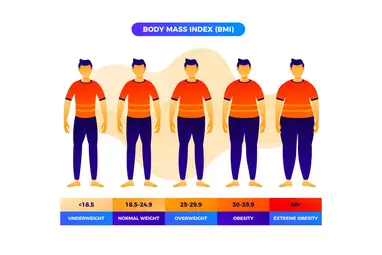
Understanding BMI: The Key to Weight-Health Connection
